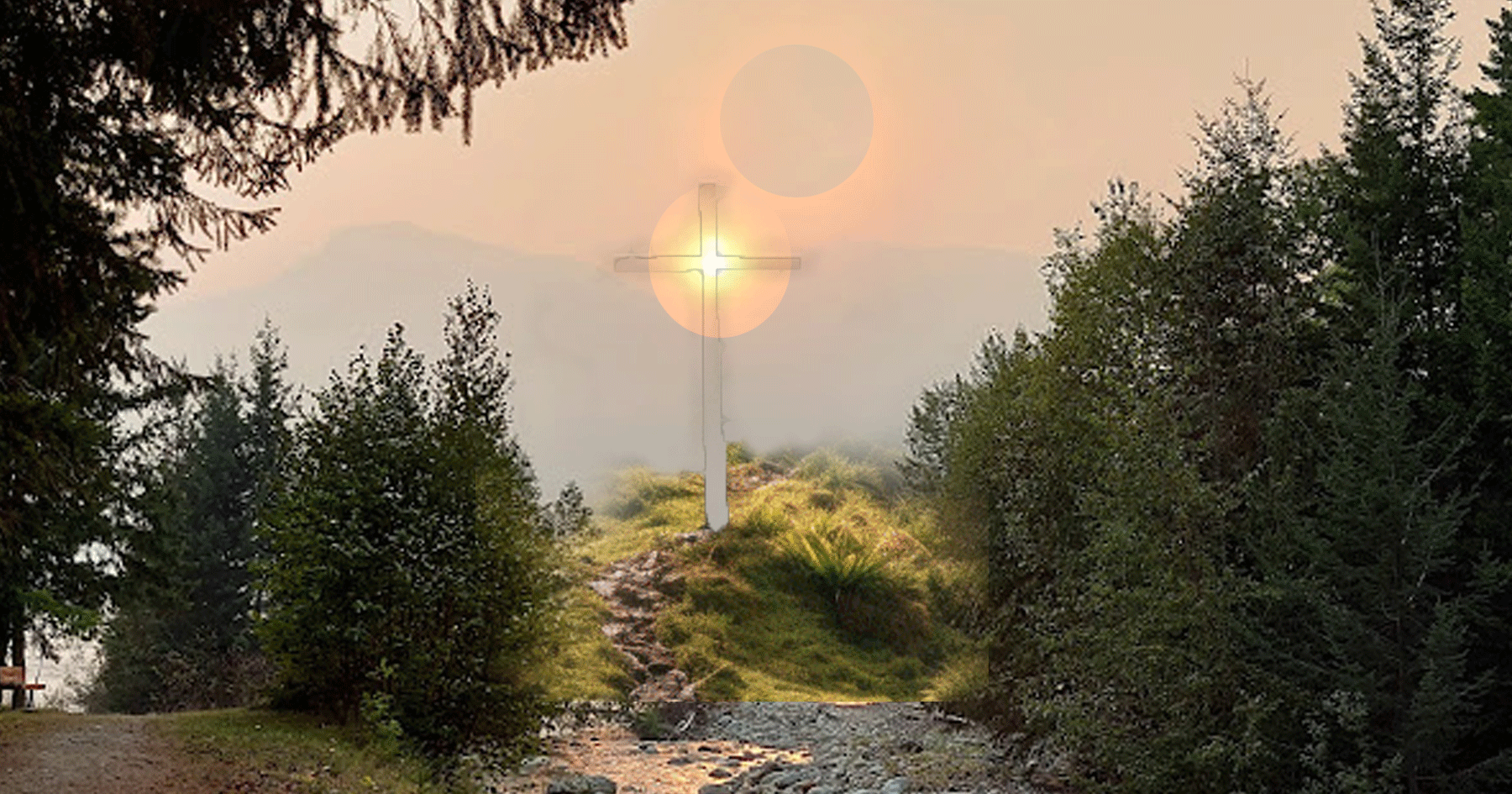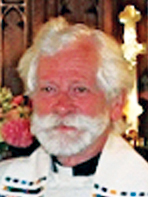At the turn of the 1980s, I was standing on my porch with my best friend Bob Foster. We were talking about the branches of the Anglican Church: High, Low and Broad. My neighbour J. D. Scott arrived, and asked me what kind of Anglican are you, Mark? There are times when the normal brain shuts down and something else opens its big mouth. ‘I’m a Pagan Anglican,’ I said. I’ve been thinking about that ever since. How did I come to say that?
Here are some answers.
When I was in my early teens, I discovered C. S. Lewis’ Narnia books; it was obvious they had a Christian framework. Narnia is an imaginary country, populated chiefly by talking animals and figures from mostly European folklore and mythology. The first British child there encounters a Roman Faun, what the Greeks called a Satyr. What struck me at once was how easily and well such traditional figures fit the framework: one could be Christian and entertain other ideas as well. About the same year, I brought home a library book entitled Books of the Great World Religions. In it, I stumbled across excerpts from the Chinese ‘Tao Te Ching,’ and felt at once: this is Scripture. It showed the same character and immediate truthfulness. I was doomed.
In the next few years, I read a great deal of traditional tales, mostly European and West Coast Indigenous. I found that they were great stories, but they also were deeply life-giving: they suggested that the right way to live was not to grab for material riches, but to keep trying to do what was right despite one’s mistakes; and that there would always be help. This too did not clash with Christianity as I saw it, and remember that the Magi, the Wise Men we remember in Epiphany, were Pagans too, who devotedly studied the heavens: yet they had no trouble recognizing what was true and divine.
There are other things. For the first ten years of my life, I lived within a long block’s walk of Oak Bay Beach, and would go there whenever I could. There were tide pools with fascinating little creatures in them, not at all like me; and every night, someone came and changed the pools and the creatures in them, too. But to the East, above and beyond the tide pools, was Mount Baker. Mount Olympus in Greece, the ‘Home of the Gods,’ is distant from Athens; but it can be seen sometimes, isolated from the land below by haze so that it appears to float detached from the earth below. The same is true of Mount Baker in most bright weathers: it hovers above the low land of the Gulf Islands, the Salish Sea and the Washington coast and seeing Mount Baker, I desired it: I wanted to be there. In time, I had a car of my own, and went there, taking with me my friend Bob and my future Brother-in-Law Colin. We hiked in the snow and saw Mount Baker close enough to touch and walk on, immense and majestic; and Mount Shuksan beside it, with its continuously rumbling avalanches. I have since climbed a number of mountains, none so high, to the summit, including Park Mountain in Yoho Park: the latter provoked several lines in a poem: Why do you climb a mountain? Some say, ‘To conquer it!’ Others: ‘Because it’s there.’ But I come because I’ve been invited by a friend. I found one can feel this way about a mountain. Indeed, one can feel this way about many things in the Natural world. This brings me to another reason for my answer to J. D. Scott. I have learned that many Indigenous peoples, especially in the Americas, view the World as a Gift: it provides us with food, shelter and clothing, for a beginning; and it continues to do so, as we work with it. More: we should be always and often grateful for such generosity. The Lord put a man and a woman in a Garden. It took me rather a long time to realize the point of that: this is a place where the People take care of the Garden and the Garden takes care of the People. We Christians share the Indigenous view, if we are willing to recognize it.
But there is something else, too, and another of our oldest stories, one we can trace in writing back more than 6,000 years, tells of other people: Now the Earth was corrupt in God’s sight, and the earth was filled with violence…for all flesh had corrupted its ways upon the earth, and the Lord said to Noah: ‘I have determined to make an end of all flesh… Make yourself an Ark…’ (Gen. 6: 11, 13-14)
What was Noah’s special virtue? His people had ‘corrupted their ways upon the earth,’ with no thought for their or the Earth’s future. But Noah, as tradition says, put a century into building the Ark. He looked to the future when he acted.
We now know that modern human beings have occupied the Western continents for more than 30,000 years. When Europeans arrived, they could see only vast treasures of rich land and resources to be seized, and ignorant savages living in poverty to be exploited and destroyed. They were too blinded by their narrow philosophy and narrow understanding of their own religion to see a cluster of civilizations living in elegantly integrated harmony with the natural world.
What happened?
Consider the Americas the Europeans found and their condition after 30,000 years of occupation; and their present condition, after 500 years of Western Civilization’s presence. Perhaps it is our own culture that is becoming ‘corrupt in God’s sight, and…filled with violence’: at least, one can make a very sound argument for that view.
But the Ark is still present, though now it is the whole world. North American Indigenous people, slowly recovering their rightful authority, point us in the right direction: to live in balance and kinship with all the creatures, the whole Creation; and to be continually grateful. Just as St. Paul says: “Rejoice always, pray without ceasing, give thanks in all circumstances: for this is the will of God in Jesus Christ for you… Do not despise the words of prophets, but test everything: hold fast to what is good; abstain from every form of evil.” (I Thess. 5; 18, 20-22)
There is one thing more. When I recall my hunger for Mount Baker, and my delight in the tide pool creatures, I was being shown aspects of the glory of God. More and more, I have learned to find the Presence everywhere. Most of us say, ‘I believe…’ That is the essential thing: to believe is to accept an idea and live as if it were true, even when one isn’t sure. But there is another way: sometimes one has such experience that one knows something is true, and then ‘belief’ is no longer necessary: One knows. And now I find the presence of God everywhere.
So that is the kind of Pagan Anglican I strive to be.


